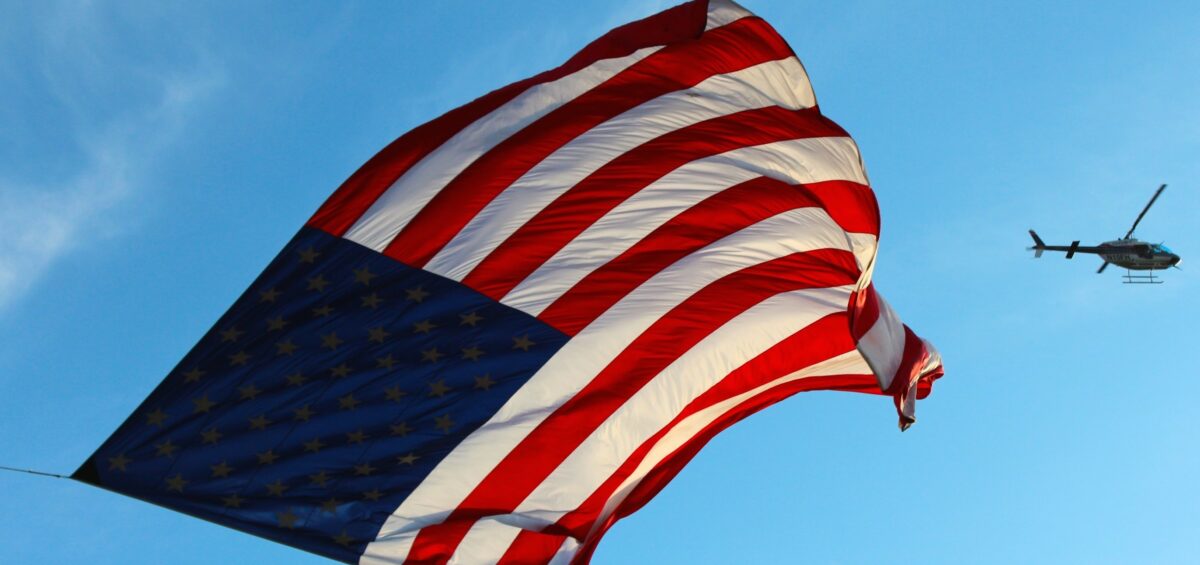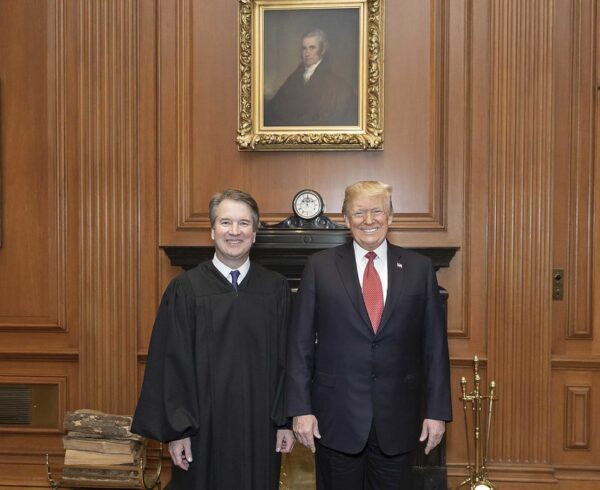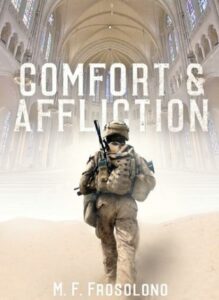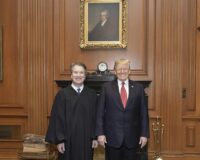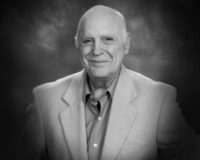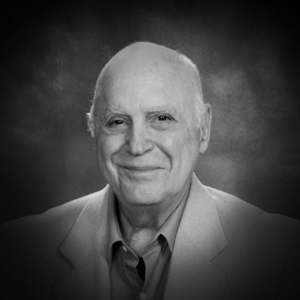Words have meaning and, most often, the simpler our writing and speech, the better for clarity of our expressed thoughts. We frequently encounter complex language that attempts to hide basic reality. For instance, we say Aunt Mary expired, passed, crossed over, or is in a better place rather than stating the obvious: Aunt Mary died. One of my other favorite examples about the use of complex rather than simple language results from At this moment in time, rather than stating Now.
George Orwell, probably most famous for two of his books—Animal Farm and 1984—denounced the use of complex language to advance political causes, even to hide true motives in the political arena: Political language… is designed to make lies sound truthful and murder respectable, and to give an appearance of solidity to pure wind. This propensity led to terminate with extreme prejudice and enhanced interrogation rather than kill and torture.
President Obama and many other liberal-leaning politicians go to great lengths to obscure the reality of what should be obvious in our relationship with Islam. He and his spokespersons often state that we are not at war with the majority of Muslims but only with a small minority of Islamic radicals or terrorists because Islam is a religion of peace. Numerous examples of this obfuscation occurred in the wake of the recent murders and assaults in Paris and Belgium. On the other hand, many of our right wing politicians and fundamentalist religious leaders talk as if we’re involved in a full-scale war with the entirety of Islam.
We must ask ourselves: Are the Western Democracies and Judeo-Christianity at war—contending, struggling, fighting, competing against—the entirety of Islam or even a relatively small component of Islamists? We must be careful about the words we use in this context. If we are actually in a full-scale war against Islam as a whole or against only a sub-group of Islamists but refuse to admit this fact, we probably will lose the war. Alternatively, if we’re not in a full-scale war but insist that we are, indeed, at war through the use of our descriptive language, we will face great difficulties.
Interestingly, the Islamic State has declared military war on the United States. This mainly Sunni organization has established a caliphate in large parts of Syria and Iraq, and intends to exert its religious and political authority over the entire Middle East and subsequently to the whole world via sequential conquest that envisions the U.S. as the last bastion of democracy to be subdued. Democracy definitely does not exist within the lexicon of Islam.
I maintain that the 9/11 attacks perpetrated by Al Qaida, the atrocities the Islamic State has committed, and Iranian support for Hezbollah and Hamas amount to acts of war against us rather than terrorism. Thus, we have example of imprecise, even obfuscating, language that clouds reality. Terrorism implies something less than a fight for national survival, even when terroristic acts may be designed to facilitate a change in a government. War carries the connotation of a fight for national survival, even when we do not overtly contend with nation states. I do not know what the term, war on terrorism, means when nation states overtly or covertly support terroristic acts against our allies and us.
I contend that Judeo-Christianity has been at war with Islam since Muhammed (Mohamed, Muhamad, “The Prophet”) began his military conquests in Mecca and Medina in the early part of the 7th Century.
In a previous post on this blog (An Excerpt from Thoroughly Biased Opinions), I put forward the idea that foundational features of Christianity and Islam thrust these two world religions into a centuries-old contest for human hearts, minds, and souls: Judeo-Christians believe the Great Commission commands us to bring the entire world to God through Christ whereas Moslems believe in Allah’s call to convert the entire world to Islam. If we Christians take the Great Commission as seriously as many Moslems believe in Allah’s call, then these two opposing missions inevitably thrust the two civilizations into war, not the euphemistic clash of civilizations. I have little patience with persons who describe this war only as an ideological or theological contest for human souls. Yes, the war does not necessarily always involve military action, which seems to result when economic, political, and nationalist considerations subvert the theological differences. Nevertheless, without a credible military force, our other efforts will be meaningless.
President Obama and many liberal politicians/commentators seem especially hesitant to define our contest with radical Islamists as a war. President Obama came into office with a promise to remove the bulk of our troops from Iraq and Afghanistan. I am mystified why our president seems to have thought that killing Osama bin Laden would end the threat from Al Qaida. President Obama refuses to give effective military support to topple the Syrian regime. I could go on about how President Obama seems either out of touch with military reality or consciously unwilling to declare war for purely domestic political reasons.
I believe one of the factors that accounts for this subversion of his responsibilities as Commander-In-Chief comes from his belief that the American public is tired of war. I maintain that we’re tired of bad wars fought inconclusively. Our recent history with wars is not encouraging. We clearly won World War II and at least one stage of the cold war with the Russian Empire; but, we lost the Korean War (euphemistically, the Police Action in Korea), the Vietnam War, and Gulf War II. Yes, we easily won the military phase of Gulf War II but political confusion among conservatives, especially those we think of as neoconservatives, prevented us from winning the peace. Some historians think we won Gulf War I; but, I disagree. President George H. W. Bush and his advisors refused to allow our armed forces to march into Bagdad and remove Saddam Hussein from power thereby setting the stage a few years later for Gulf War II. I have no confidence, absent a change in strategy and tactics, that we will prevail in Afghanistan.
What does this history teach us, if we are truly engaged in an overt war with radical Islam and a covert war with many Islamic countries who support the radicals? We must fight intelligently and resolutely; we must understand the nature of asymmetric warfare the our enemies use against us. Can President Obama lead us in this type of warfare? Probably not. He is out of his depth, even if he gives wonderfully inspiring speeches and supports liberal policies, some of which I agree with.
Can we maintain our national and international positions until election of a more realistic administration, hopefully in 2016? I suspect our failures to see and act upon reality will mean more attacks on our homeland and homelands of our major allies in the Western Democracies and the orient. I do not anticipate our present strategy stopping IS and other similar radical Islamic organizations from gaining more territory. I pray we have sufficient time to prepare individually and nationally, for the war thrust upon us.
My next post will present some ideas about how the bulk of responses to the terror attacks in Paris have skirted what is really at stake.
